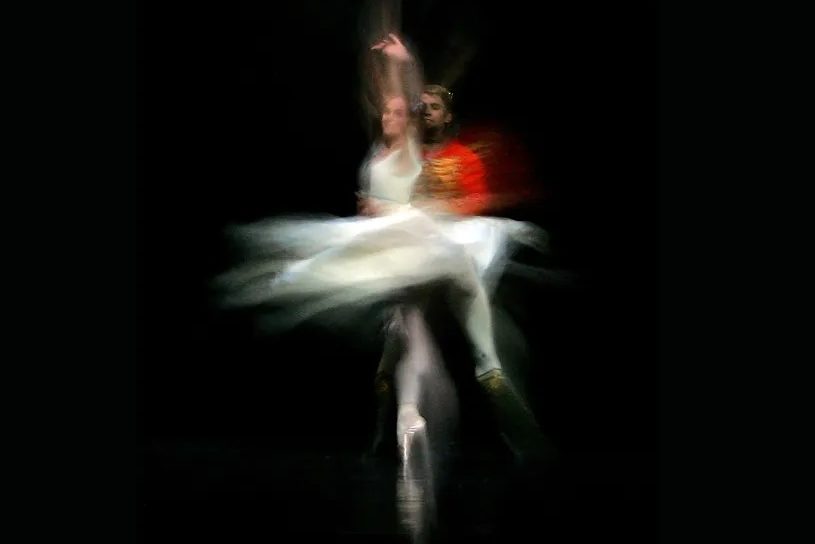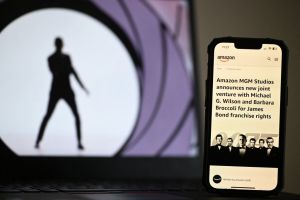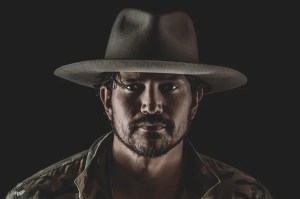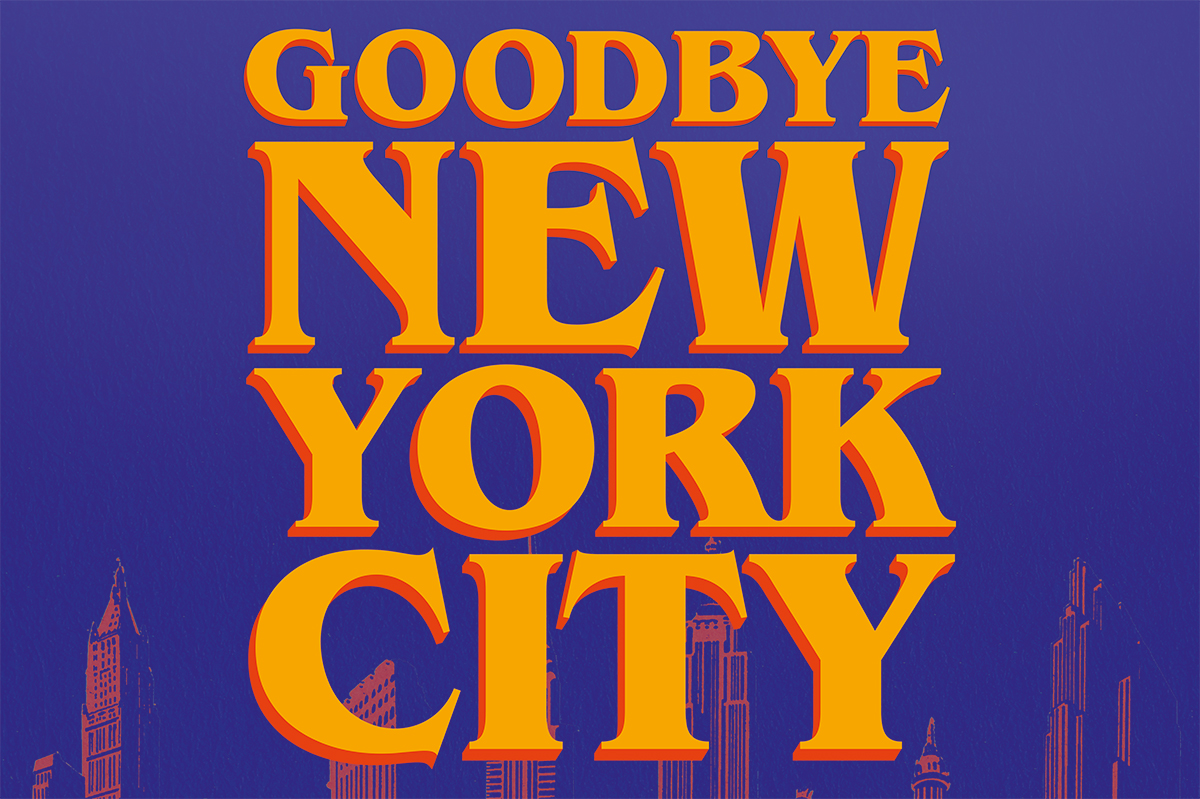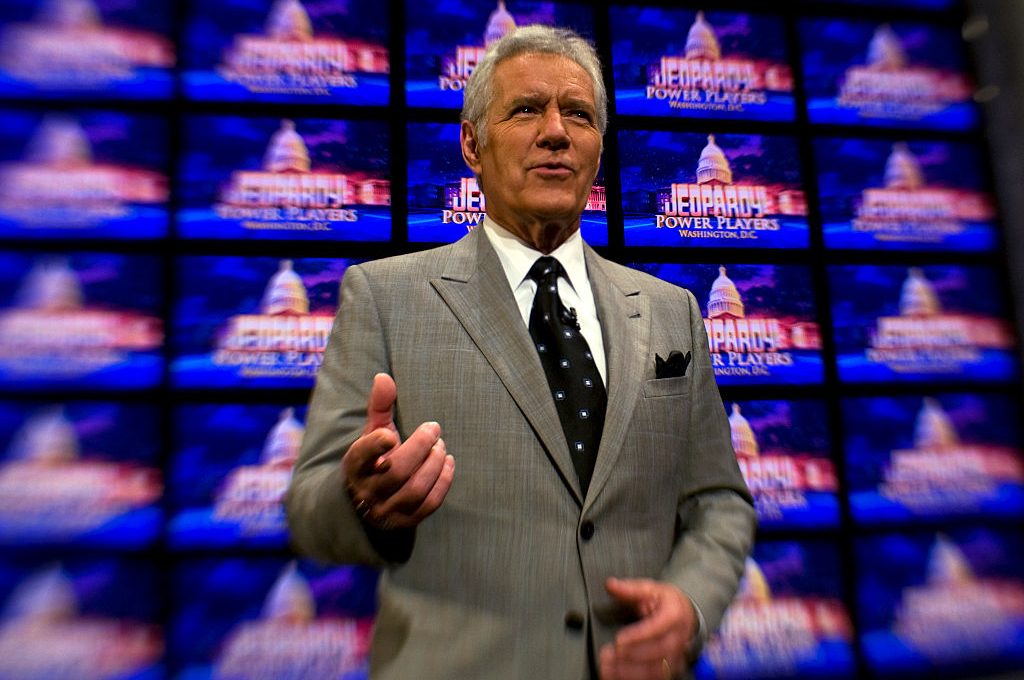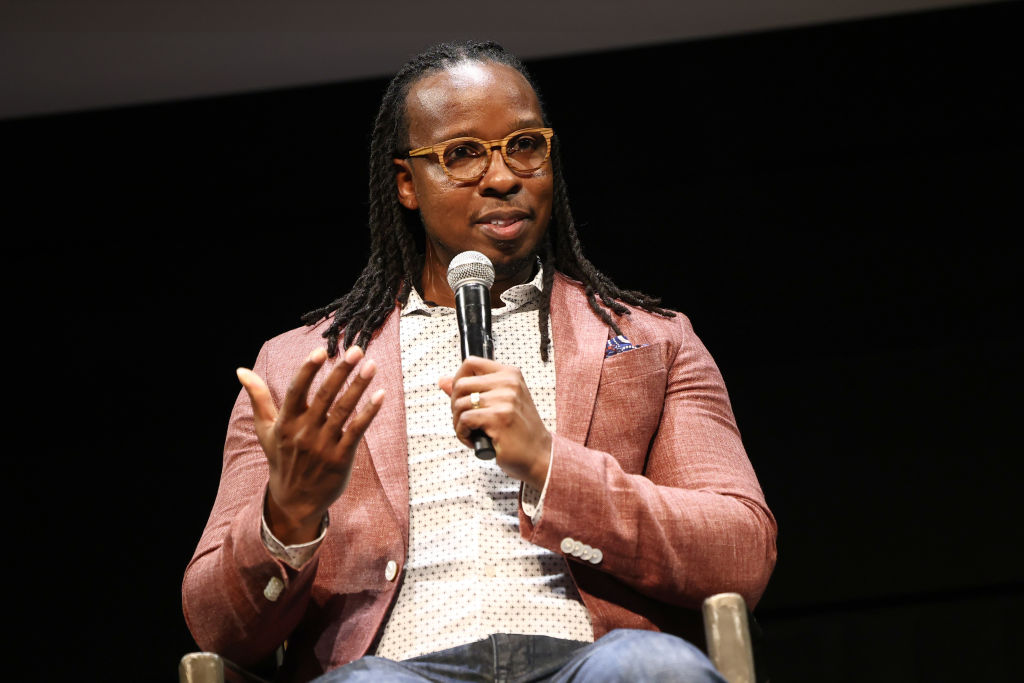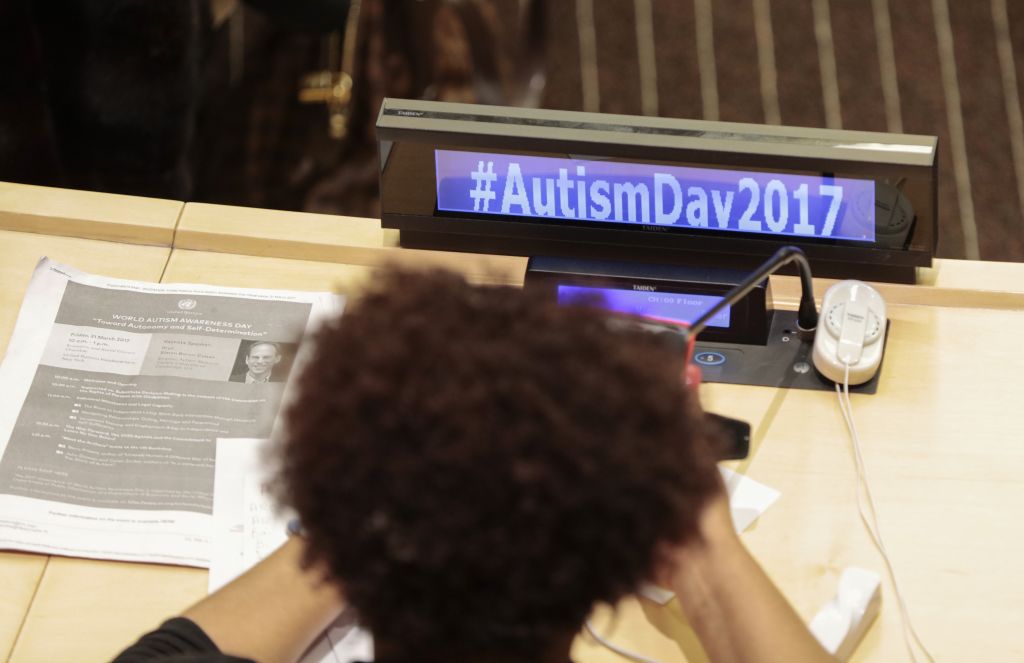As we sat down at the Royal Opera House in London to watch one of the Royal Ballet’s soloists perform Letter to Tchaikovsky, an announcement began. “Tchaikovsky is understood to have been a gay man, who was forced by the conventions of society to marry a woman,” explained an earnest female voice from off-stage. “The music, words and dance describe the pain and guilt he experienced as a closeted queer person… but like many others before and since, the fact that he was queer meant that he had to stay secret about who he really was… It is still illegal to be gay or queer in sixty-nine countries, and queer people continue to face discrimination or violence all over the world, including here in Britain.”
As we bombard children with the world’s ills, is it any wonder that childhood anxiety is soaring?
The audience didn’t seem hugely concerned by this news. They were, however, very bothered by who would get to sit on the limited number of beanbags at the front of the auditorium. The performance was part of a family event for small children, and a few parents did look a little perplexed as to why the announcement was necessary. At least we were spared the details of Tchaikovsky’s incestuous relationship with his own nephew, a concept possibly too advanced for even the most enlightened in London.
Afterwards, I wrote to the Royal Opera House to find out if there had been a “content warning” that I might have missed. The ROH is not typically shy about these: ticket holders for Donizetti’s Lucia di Lammermoor were duly warned about the opera’s graphic depictions of sex and violence.
The reply I received directed me to the QR codes, which — had I spotted and chosen to use them — would have alerted me to the show’s message that “Everyone should be free to live openly wherever they are in the world.” “We will ensure going forwards that there is a clearer summary of the content themes in each piece, so parents and children can be better informed to choose whether particular events are right for them,” I was told.
Navigating modern parenthood is tricky, especially when trying not to come across as a reactionary pearl-clutcher. Yes, yes, of course it is wrong that it is still illegal to be gay in so many countries. I imagine every adult member of the audience felt the same. We’re the sort of smug, self-consciously liberal types who choose the Royal Opera House over church on a Sunday morning. But had I known my four-year-old daughter was about to be introduced to queer persecution, I might have suggested we head to the puppet-making stand instead.
Was I being homophobic? I don’t think so. It’s not so much the subject matter that unsettled me as the fact that a political point was being shoehorned into a performance aimed at infants. At some point, my daughter will inevitably learn about the grim realities of the world: how Iran executes gay teenagers, say, or how in Saudi Arabia, gay men face lashings and imprisonment. When she does, I imagine she’ll want to do something about it, even if the obvious truth is she can’t.
It’s that sense of agency that seems important to try to preserve for children. We should avoid burdening them with serious problems they feel powerless to fix. Yet, as we bombard them from increasingly young ages with the world’s ills, from racism and slavery to genocide and human rights abuses, is it any wonder that childhood anxiety is soaring? Greta Thunberg’s rallying cry for children to solve climate change is, for all its sincerity, as much a fairy tale as anything you might find by Hans Christian Andersen. In trying to raise activist warriors, we’ve produced anxious worriers.
So I have become that neurotic mother, firing off letters about content warnings, desperately trying to shield my child from the harshness of the world. I don’t agree with content warnings in general, so why am I writing to the ROH asking about theirs? Get a grip, Lara. Don’t be that person.
But then a week later, at a friend’s house, my daughter picks a book from the Little People, Big Dreams series for me to read to her. It is about Princess Diana — a story that will, I suppose, teach her that not all princesses live happily ever after. We begin to read. “Whenever she felt alone, [Diana] sought relief by eating all the cakes she could find in the royal kitchen. But that sweet feeling of comfort didn’t last long. Once it was gone, she would try to get rid of all the food she had eaten by making herself sick… Even though her life seemed to be taken from the pages of a fairy tale, she soon realized that the prince’s heart belonged to someone else. Over time that sadness grew into an eating disorder called b…u…l…i…”
I slam the book shut. I can’t do it. I don’t want my daughter to know that word, not yet, not for as long as I can possibly prevent her from learning it. I feel angry at the publishers for thinking an eating disorder is an appropriate detail to include in a book aimed at young girls. Could they not have brushed over it? I note the book avoids talking about Diana’s death but three pages are devoted to her eating disorder. I suggest we choose something else instead. Roald Dahl? Let’s find Charlie and the Chocolate Factory, the unedited version, with fat Augustus Gloop, the little brute.
I immediately revise my position on content warnings, suddenly feeling hardline on the matter. The Princess Diana book should have had a very clear content warning on the front cover and yes, maybe Letter to Tchaikovsky should have had one too. I don’t want to feel ambushed by activism.
When I later check the ROH website, I see that the next Family Sunday performance of Letter to Tchaikovsky now comes with a more detailed description. “Tchaikovsky composed some of the world’s most loved fairytale ballets. In his life, however, he found it challenging to find his ‘happy ever after’ because of his love for another man.” I may have triggered a content warning, and I am not sure how I feel about it. All I can conclude is that I do not feel cut out for the confusing dance that is modern parenthood — but I suspect I am not the only one.
What are Spectator columnists highlights — and lowlights — of the year? Rod Liddle, Lionel Shriver, Matthew Parris and Mary Wakefield join Lara, and William Moore, on the Christmas special of The Edition podcast to discuss:



